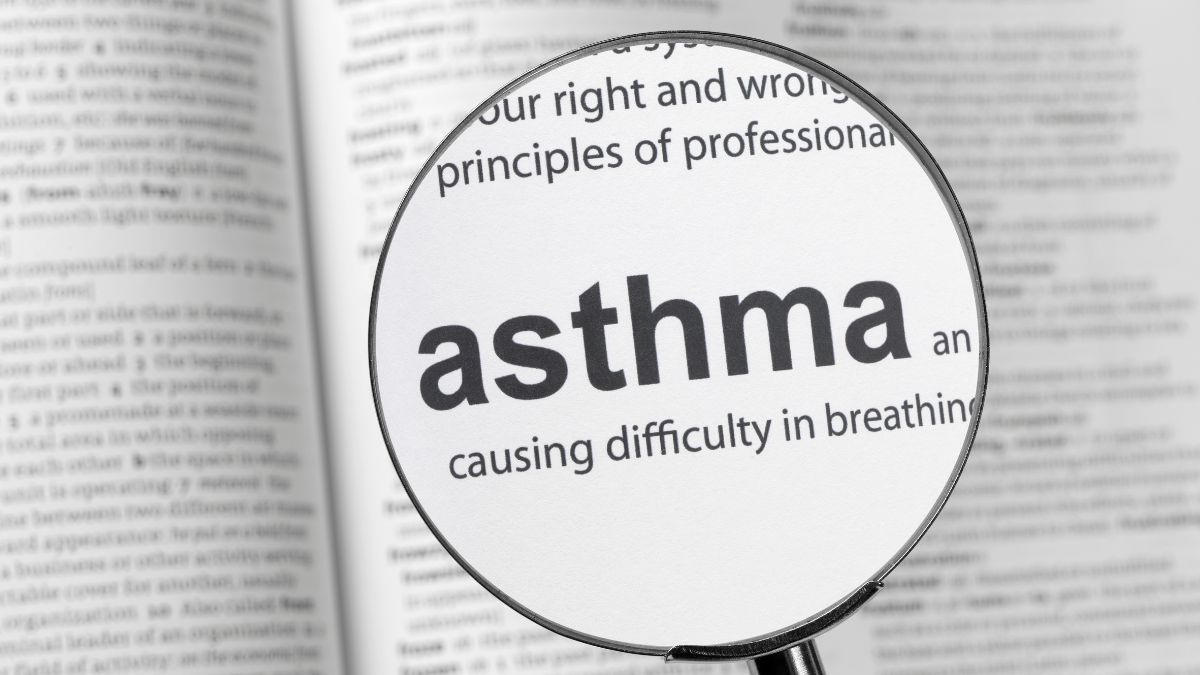
Asthma is a complex condition that affects millions of people worldwide, but research suggests that hormonal fluctuations may play a significant role in exacerbating symptoms, particularly in women. From menstrual cycles to menopause, hormonal changes can have a profound impact on respiratory health. In this article, we'll explore the intricate relationship between hormones and asthma, and what women can do to manage their symptoms with Dr Ravi Dosi, Consultant, Pulmonary Medicine Kokilaben Dhirubhai Ambani Hospital, Indore.
When we refer to asthma, we tend to think of wheezing, shortness of breath, and inhalers. What we do not discuss sufficiently is how hormones, particularly in women, may exacerbate, destabilise, and complicate asthma symptoms.

Asthmatic women frequently say to me, "Doctor, its worse just before my period," or "My breathing is tighter during menopause." That's not chance but its biology. Hormones like estrogen and progesterone have direct effects on airways, the immune system, and inflammation.
This is how:
Don't Miss: 9 Easy Nutrition Tips To Stay Healthy While Travelling: Expert Explains
I remember one patient, Meera, 29, who had virtually perfect asthma control—until her periods started impacting her lung function. As soon as we realised the connection, we realigned her treatment plan with her cycle, and it made all the difference. She felt heard, understood, and most of all it is relieved.

What is key to learn is that asthma is not only a lung problem—it's a body problem, particularly for women. Knowing how hormones affect it can mean more effective control and fewer attacks.
If you’re a woman and you’ve noticed your asthma is worse at certain times of the month or life stages, talk to your doctor. Keep a symptom diary that includes your menstrual cycle, medication use, and peak flow readings. It can provide powerful clues.
Don't Miss: Why Ankylosing Spondylitis Often Gets Missed In Women: Know Impact Of Delayed Diagnosis
Finally, let's leave behind the notion that asthma is "one-size-fits-all." Women's bodies run on rhythms, and our medical care must respect that. With the proper knowledge, you can breathe easier both literally and figuratively.
If you liked this story, then please share it. To read more such stories, stay connected to HerZindagi.
Image Credits: Canva
Also watch this video
Herzindagi video
Our aim is to provide accurate, safe and expert verified information through our articles and social media handles. The remedies, advice and tips mentioned here are for general information only. Please consult your expert before trying any kind of health, beauty, life hacks or astrology related tips. For any feedback or complaint, contact us at [email protected].